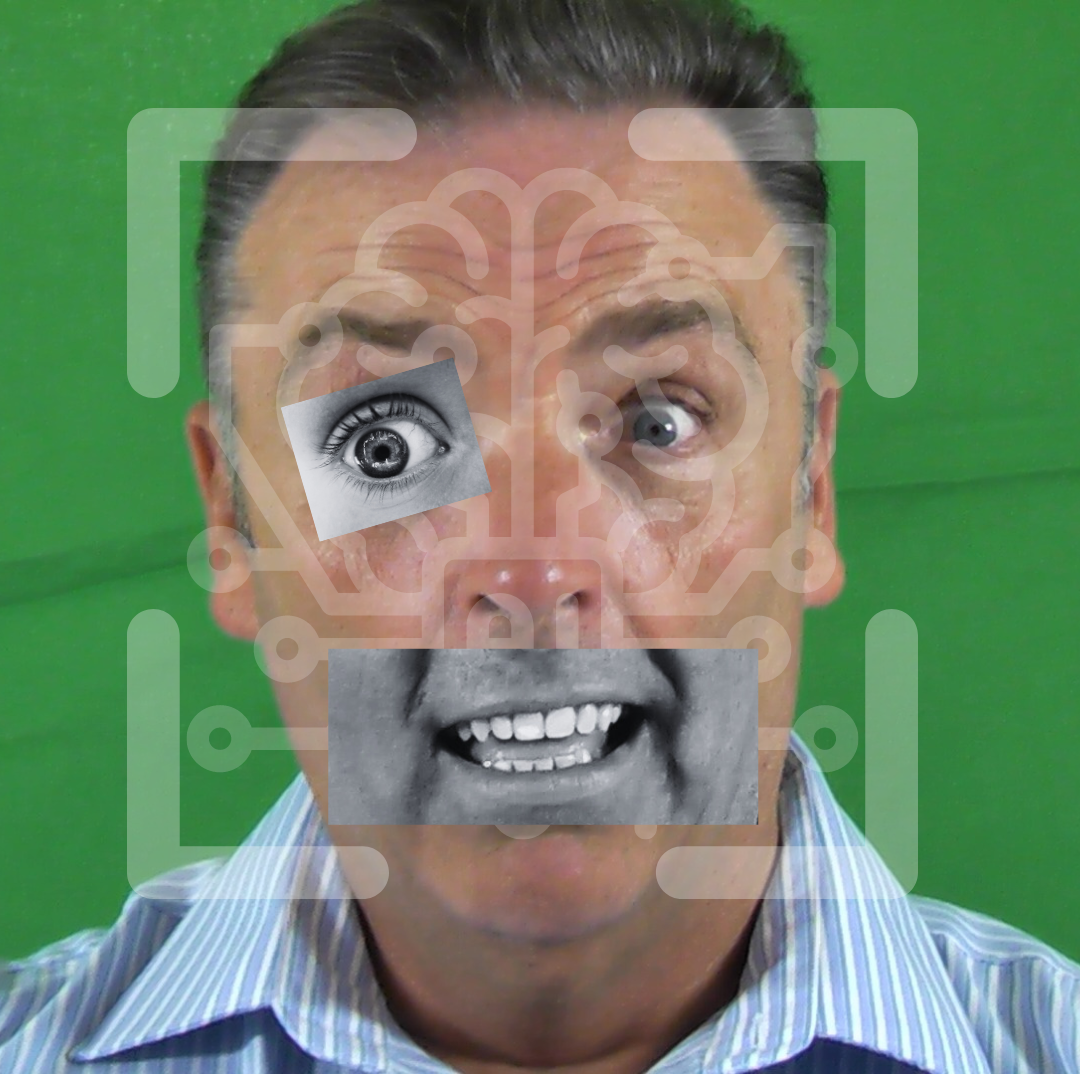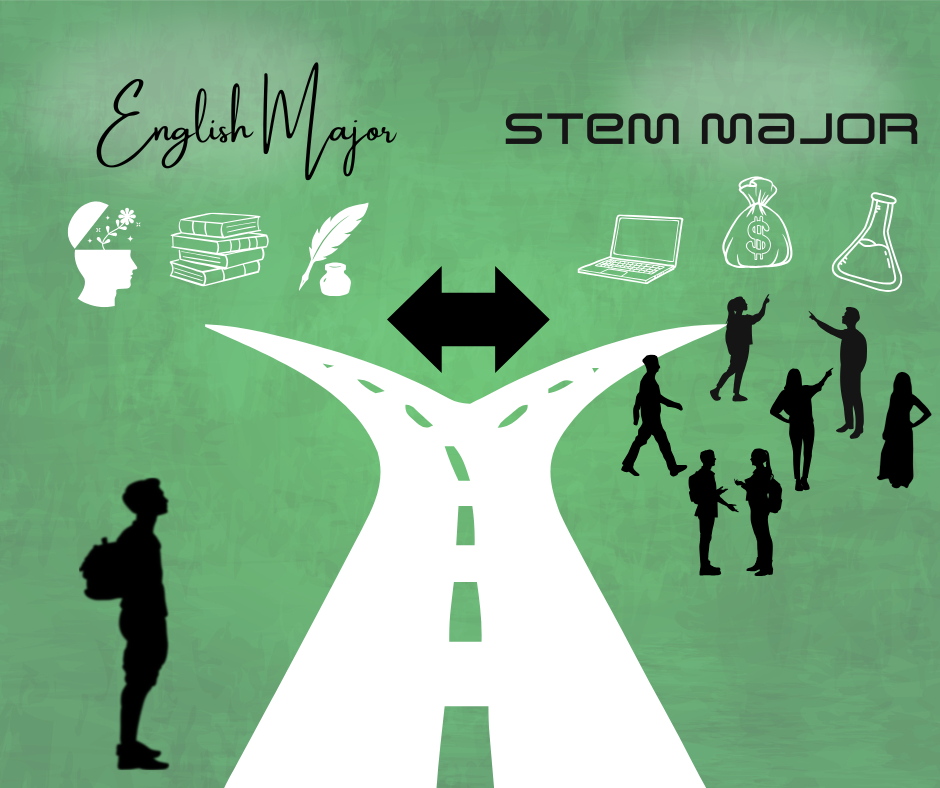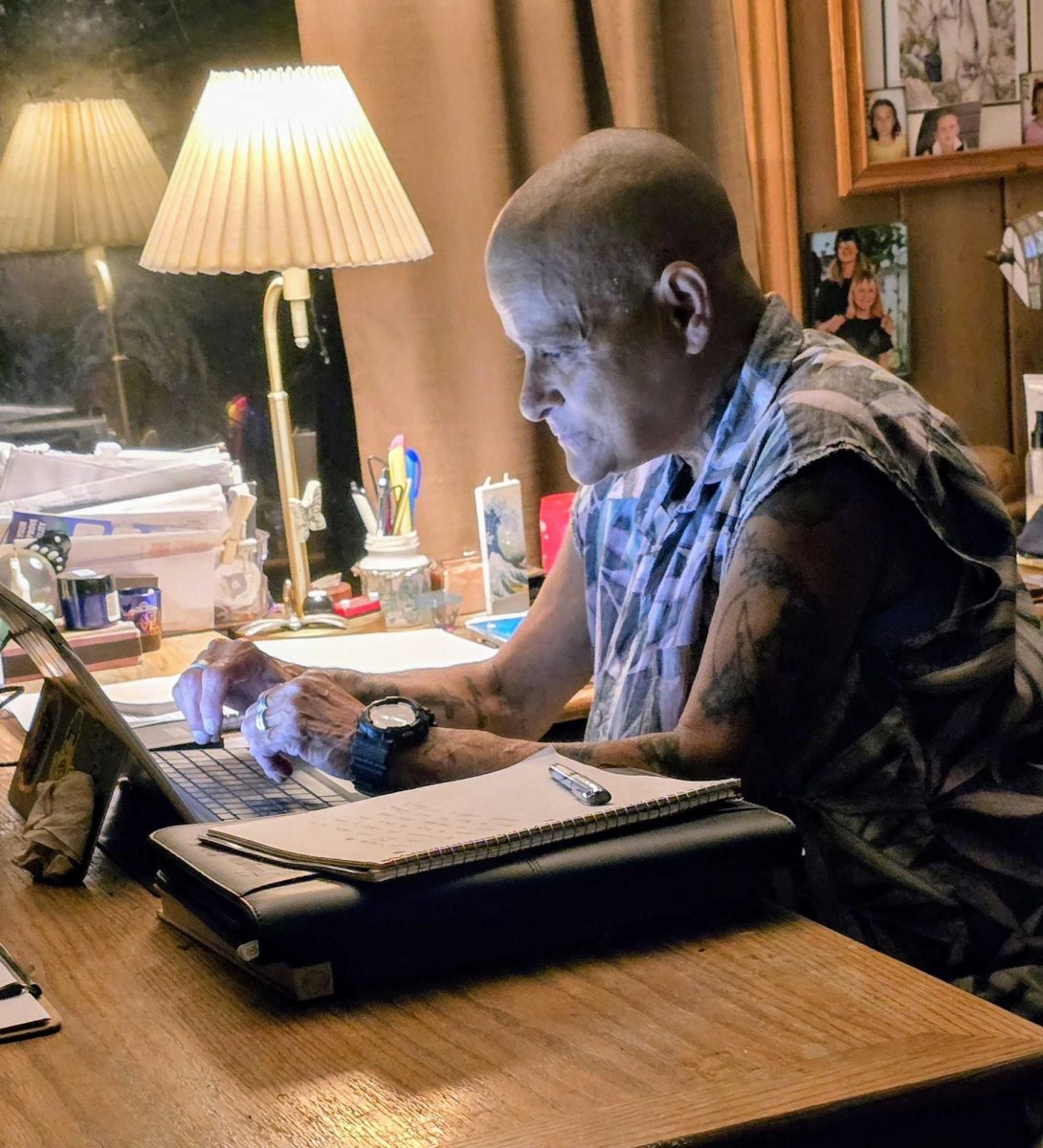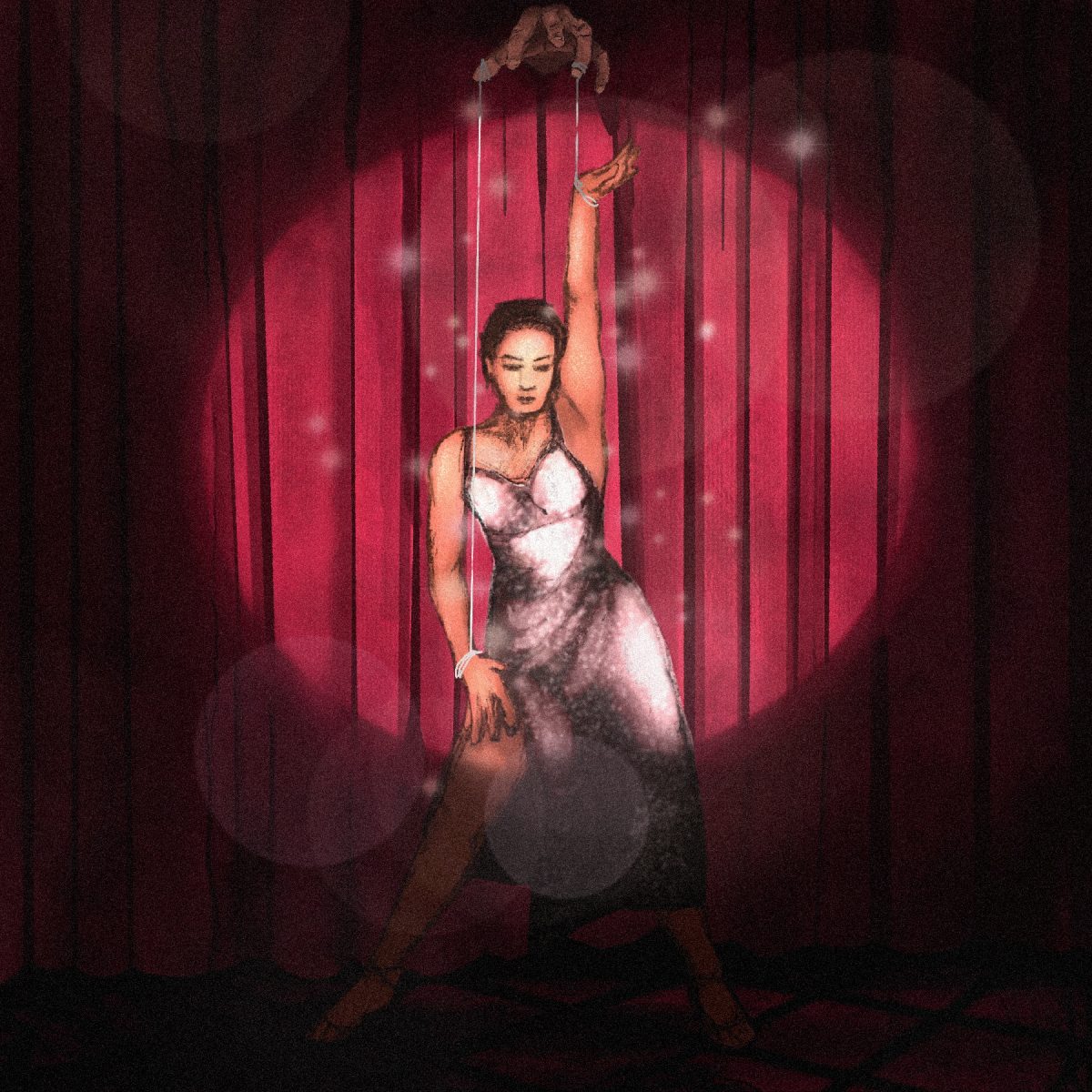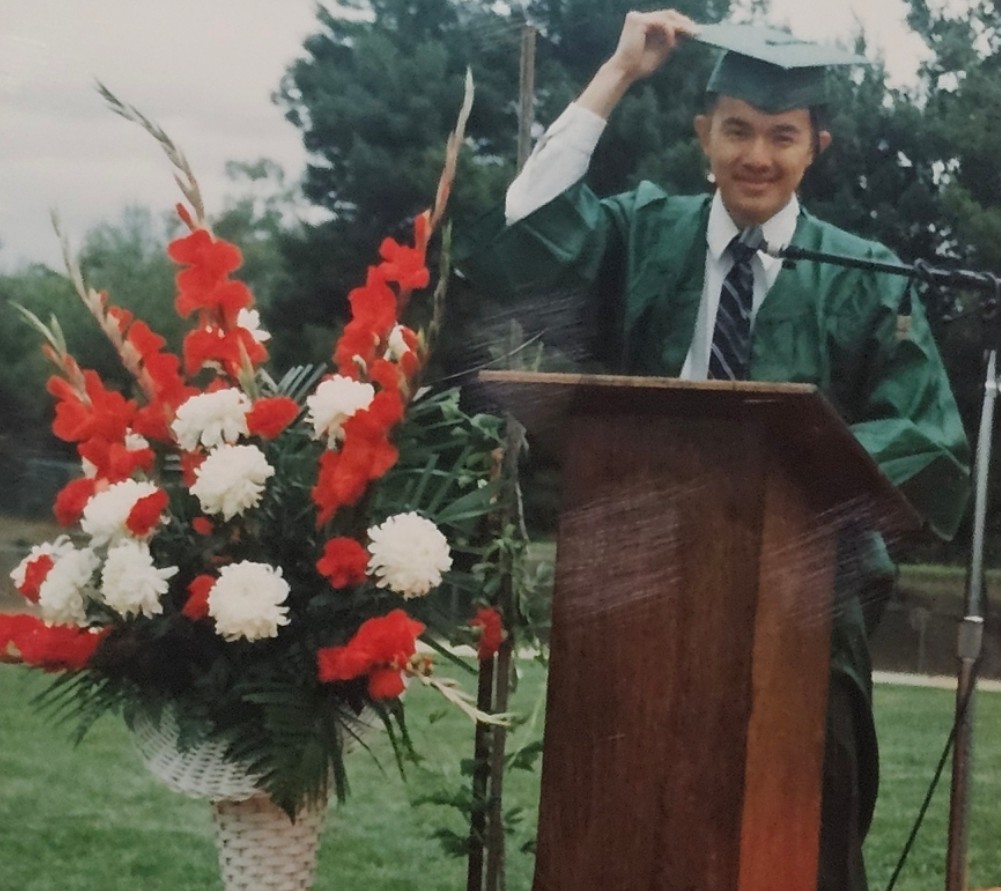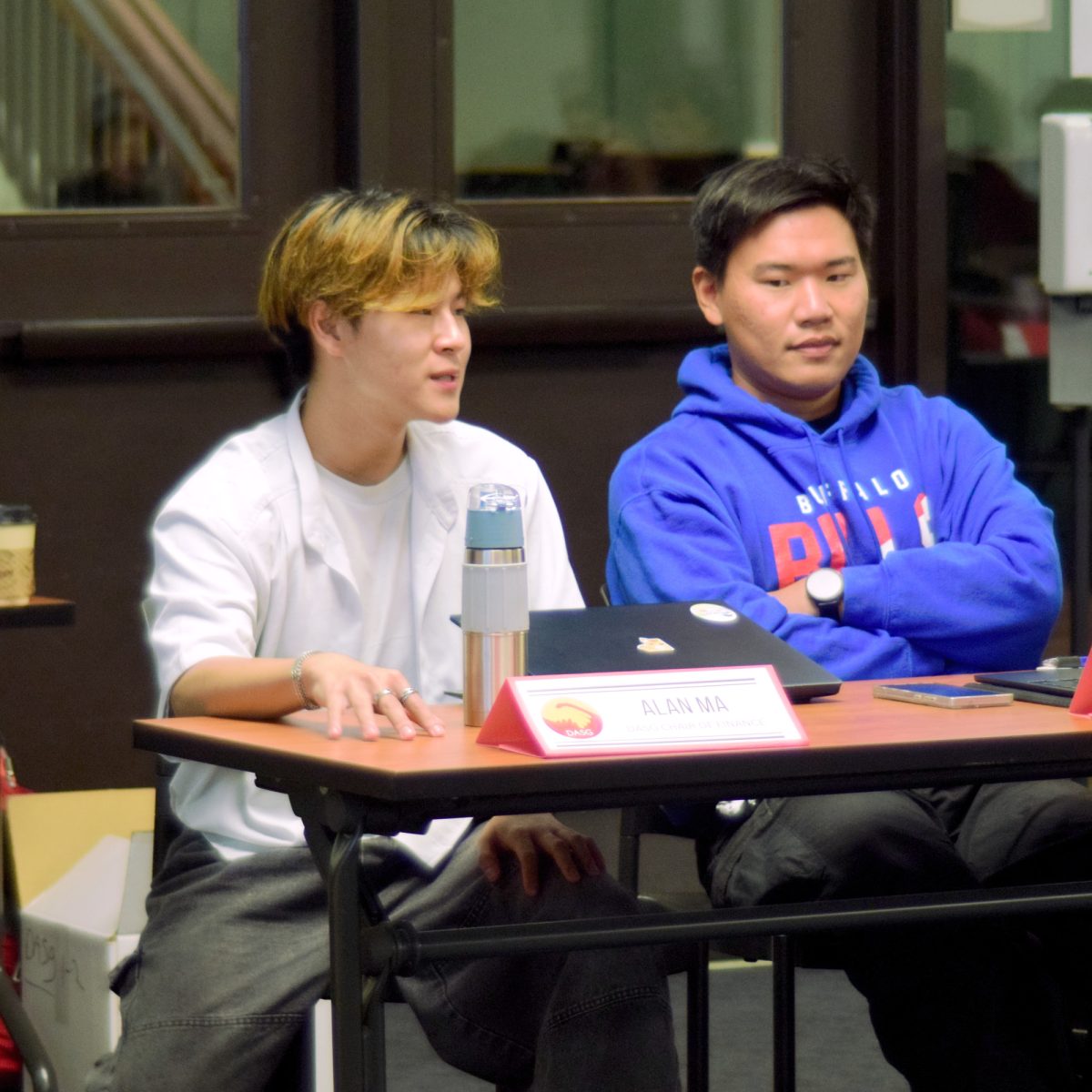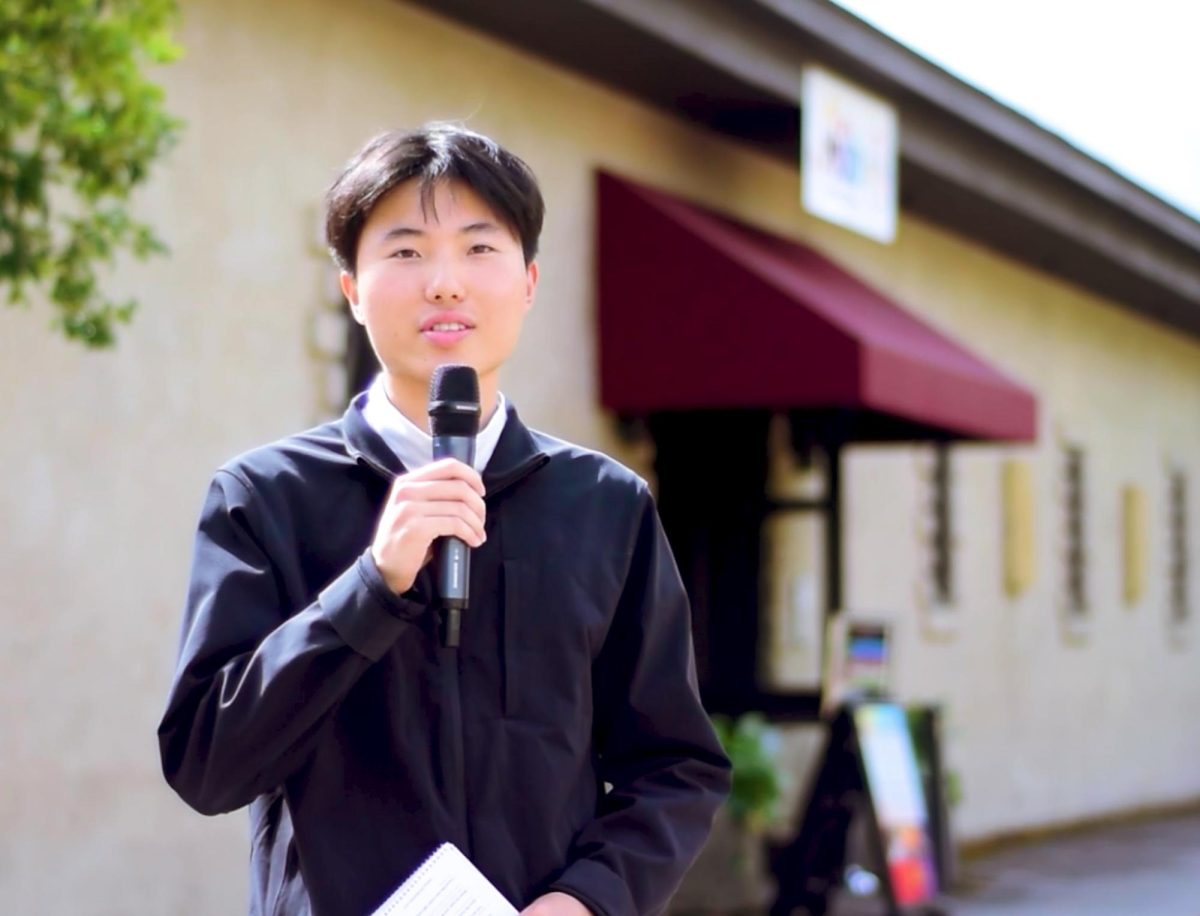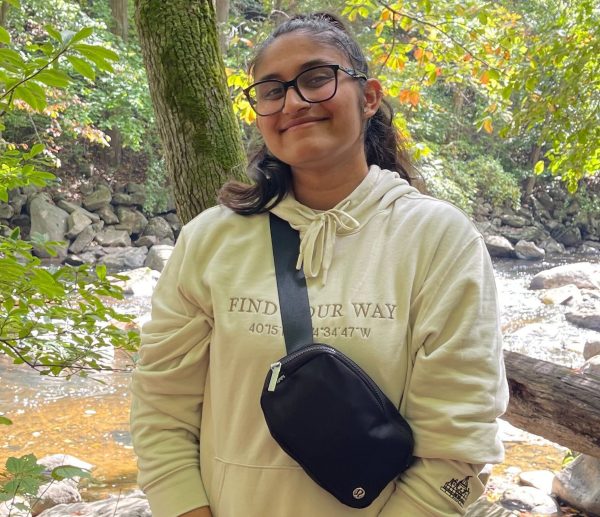In a time where misinformation spreads like wildfire, the rise of deepfake threatens the very idea of truth and trust in society and risks the reputations of many.
Deepfake are digitally altered media generated with artificial intelligence that blur the lines between fact and fiction with increasingly alarming precision. These doctored videos and audio depict individuals saying and doing things they never did, easily deceiving people.
One of the most concerning aspects of deepfakes is their way of swaying public opinion and influencing important events, such as elections.
As seen recently on social media, many conservative individuals who don’t want people voting for Joe Biden are putting deep fakes of the President saying things he hasn’t said, swaying people’s perception of him. The same happens vice versa, though to a lesser extent.
The implications of deepfake videos extend beyond the realm of politics and media: They also pose a serious threat to people’s reputations and targets could find themselves involved in scandals or implicated in criminal activities.
Recently, Gypsy Rose Blanchard was released from prison for killing her mother, who caused her to have Munchausen by proxy. Blanchard’s story caught the attention of many individuals and gained 8 million followers on Instagram.
Now that she has been released, opposed deepfakers released a video of her rejecting an offer from reality star Natalie Nunn to host the reunion of the reality show, “Baddies.” The doctored screenshots also painted Blanchard in a bad light for “exposing” the reality star. This led to backlash from many on social media. However, both Nunn and Blanchard have denied that this conversation ever happened.
Also, renowned singer-songwriter Taylor Swift has become a target of AI-generated porn, a specific type of deepfake technology. Evil people in the world took pornographic movies and pasted Swift’s face on one of the porn actresses, making it look as if Swift had been in these films.
Swift emphasized the invasive nature of these manipulated videos in a recent interview and shared that it “violated her privacy and also perpetuated harmful narratives.” Swift even went on to speak with President Biden and asked that legislation be passed to make this illegal.
Such malicious creations not only undermines Swift’s rights but also contributes to the culture of exploitation and objectification, posing a serious threat to the mental health and well-being of people, especially children and teenagers. These kinds of acts will affect young people’s mental health in the long run.
This being allowed to happen without the fear of being prosecuted is disgusting and our politicians need to do something about this to help people.
Software companies have made efforts to develop detection mechanisms for this issue, however, deepfake technology is improving so quickly that these companies are having trouble combating it. The fight against deepfakes requires collaboration between technology companies, politicians and people within our society.
We must confront the menace of deepfake head-on, safeguarding truth and trust in our digital world for generations to come.



